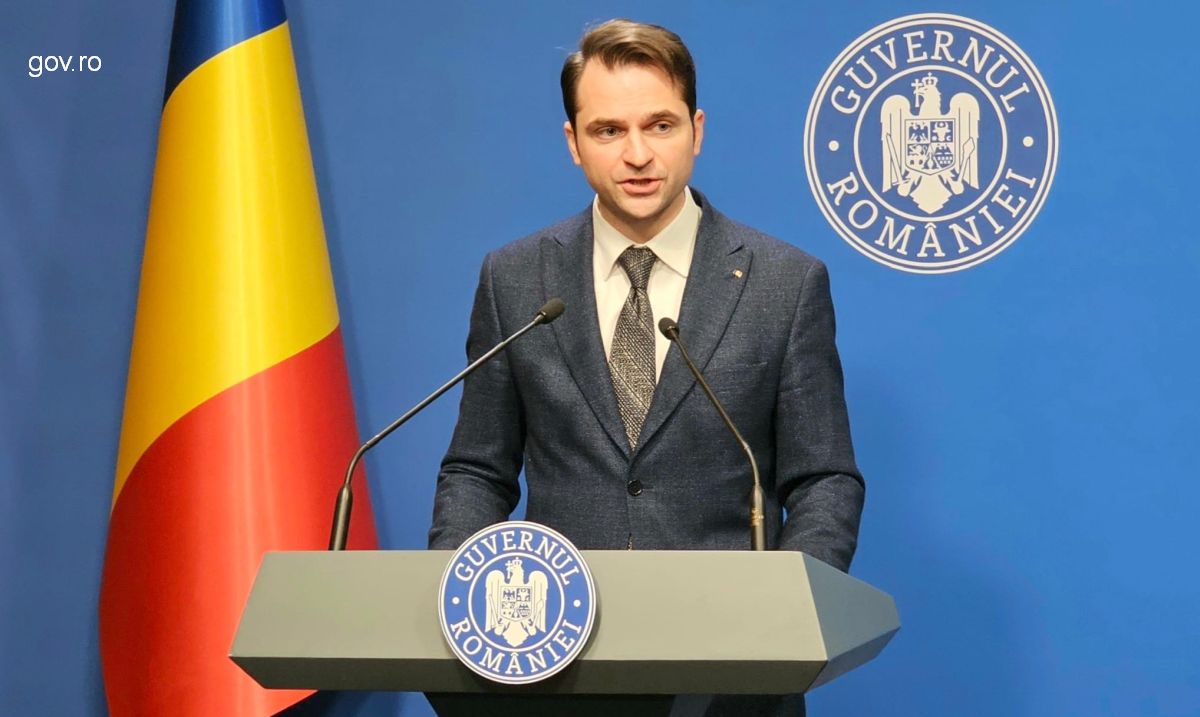On the organization of local elections
The return to the system of two rounds of local elections has prompted heated debates at political level

Mihai Pelin, 10.12.2019, 13:25
After the local elections of 2016 in Romania, many mayors rose to power without gathering much public support, having been elected in a single round of elections. Irrespective of voter turnout, which was low overall, the candidate grabbing the largest number of votes won the ballot, under a law introduced back in 2012. Looking ahead at the 2020 local elections, the Social-Democratic Party, sent to opposition by a no-confidence motion voted by Parliament, would rather keep the current system in place. The new Liberal Government wants to modify the law and return to the organization of two rounds of local elections, an idea supported by Save Romania Union, the Peoples Movement Party and President Klaus Iohannis himself. The president wants a partnership between central and local authorities, arguing it would be sensible if the Government would take responsibility for such a measure, if Parliament wont vote this law.
“I want mayors to be elected in two ballots, and I am very keen on striking a real partnership between central administration, the Government, and local administration, so that all Romanians should get a chance to live in a well-managed administrative unit”.
Also attending the General Assembly of the Association of Romanian Municipalities, Prime Minister Ludovic Orban said:
“The National Liberal Party has submitted to Parliament a bill whereby mayors are to be elected with half plus one of the total votes cast, which means holding two separate rounds of election. We support this bill and will try to rally the support of our political partners as well”.
The President of the Association, Robert Negoita, himself mayor of a Bucharest district, referred to some of the problems facing mayors right now:
“Weve tackled many issues pertaining to local public administration, the most important of which are income tax shares, which should stand at a minimum 65% and at 50% for social shares. Weve also discussed decentralization and things tied to the current activity of the local public administration, for instance the fact that we should be consulted every time when regulations and legislation affecting the local public administration needs changing”.
The Social-Democratic Party and the Democratic Union of Ethnic Hungarians say they do not exclude a no-confidence motion against the Orban Cabinet if the Government passes an emergency decree to take responsibility over an election law that would stipulate the organization of local elections in two ballots.
(translated by V. Palcu)






























